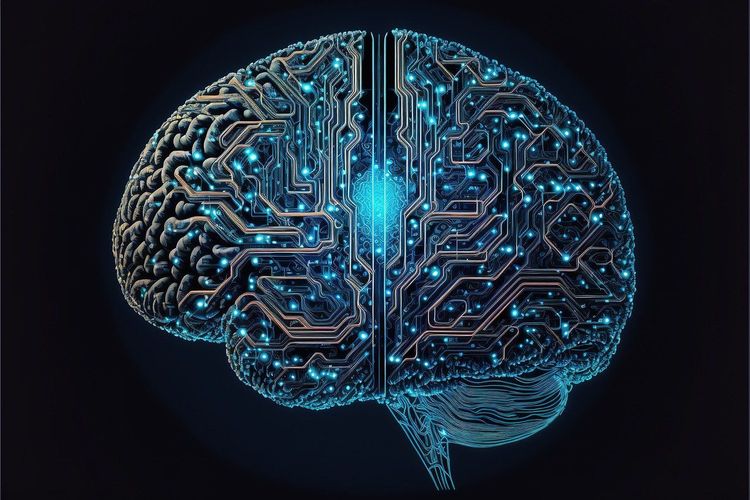In a potentially groundbreaking development in technology policy, the Biden-Harris Administration released an extensive Executive Order this morning titled “Safe, Secure, and Trustworthy Artificial Intelligence.”
This 100+ page Executive Order addresses a broad spectrum of issues, including AI safety, bioweapons risk, national security, cybersecurity, privacy, bias, civil rights, algorithmic discrimination, criminal justice, education, workers’ rights, and research.
Key Actions in the AI Executive Order:
- Developers of powerful foundation models must share safety test results and critical information with the U.S. government.
- The National Institute of Standards and Technology will establish rigorous standards for extensive red-team testing prior to public release.
- The Department of Commerce will create guidelines for content authentication and watermarking to distinctly label AI-generated content.
- The U.S. government will prepare a report on the potential labor-market impacts of AI.
- “Existing authorities” will modernize visa access, enhancing pathways for highly skilled immigrants and nonimmigrants with expertise in critical areas to work and study in the United States.
Vice President Harris is set to address the UK Summit on AI Safety, hosted by Prime Minister Rishi Sunak, this week. The government will also provide guidance for agency AI usage, incorporating clear standards to safeguard rights and improve AI procurement and deployment.
Expert Reactions to the Executive Order
Responses to the Executive Order have been swift and unanimous, with experts from both the public and private sectors weighing in. Merve Hickok, president of the Center for AI and Digital Policy, expressed surprise at the order's breadth but welcomed it as a sign of the U.S. commitment to democratic values and AI governance.
Hickok emphasized that the Biden administration recognizes the immediate challenges posed by AI and is calling for bipartisan legislation. She praised the new AI procurement rules for federal agencies as a long-awaited step toward enhanced safety and rights protection.
Others shared positive views as well; Jack Clark, co-founder of Anthropic, noted on X that the focus on testing and evaluating AI systems is crucial, stating, “You can’t manage what you can’t measure.” Meanwhile, Gary Marcus, a notable AI critic, acknowledged the order's recognition of AI risks but warned that its effectiveness depends heavily on its wording and enforcement.
Concerns About Regulatory Overreach
While many welcomed the Executive Order, concerns about regulatory overreach emerged. Adam Thierer from the R Street Institute cautioned against the potential for excessive governmental control that could hinder America’s global competitiveness and jeopardize national security. He described the order’s ambitious approach as possibly overzealous.
Urgency from the Biden Administration
The Executive Order signals the Biden Administration’s proactive approach to shaping AI’s future. According to the Associated Press, AI is a matter of personal interest for Biden, who views its implications for the economy and national security as critical. White House Chief of Staff Jeff Zients recalled Biden's directive to prioritize AI, stating, “We can’t move at a normal government pace. We have to move as fast, if not faster than the technology itself.”







